January 22, 2021
Digital Health On Meeting The Moment
Emergencies reveal what is possible under pressure. The pandemic has revealed our systemic failings and our core competencies, and has in both cases revealed itself as a moment digital health can meet. Before the pandemic hit, 2020 was already slated to fall in line as another record-breaking funding year for digital health. Instead, 2020 broke 2019’s funding numbers by a whopping 55% topping out at $21.5 billion globally.
New Value Pools -- Once line-itemed as a cost, healthcare and the infrastructure around it is now an area of investment. Remote Monitoring became necessary and normalized. Telemedicine usage surged, becoming a household name, while households themselves have become the connected epicenter of whole lives: the office, the gym, the school, the theater, the doctors office. The incredible rate of digital health adoption by consumers was made possible by a very particular inflection point in the market, one of maturity.
Startup companies are coming out of the gate leaps and bounds more advanced in their development than “what we saw for this category only two or three years ago. They’re not the traditional growth companies,” says Dominick Kennerson, Global Head of G4A at Bayer, “they’re already generating revenue and building scale.”
AI-powered Engines -- Two such companies are Caria, which combines data and AI to connect women in Menopause with evidence-based treatments, and Sweetch, a just-in-time, just-in-place intervention app to support disease management. Both companies are powered by Artificial Intelligence, competitively positioning them for disruption of their respective sectors. The pandemic has created enormous demand for data collection, processing, tracking - a demand that AI can help us meet.
Embracing Platforms -- Perhaps the largest value prop for AI is its contributory role within the Integrated Care ecosystem. When the number one predictor of health is zip code, integrated care - its primary directive being to look for digital solutions beyond a pill - implores us to evaluate data longitudinally and in the context of an individual's whole life. This includes social determinants like housing, education, and economics, and behavioral health too. Integrated care will increasingly become a best practice in healthcare, reducing inefficiencies, increasing care coordination and access for a population of engaged patients.
In a year that called for the best of our collective humanity while simultaneously pushing every system we built to the brink of its capacities, we witnessed incredible beauty and incredible hardship. We don’t need to relive 2020 here. We all know what happened…. what is still happening. But with bold investments the stage is set for a 2021 in which we’ll see those investments bear fruit. And hope.









